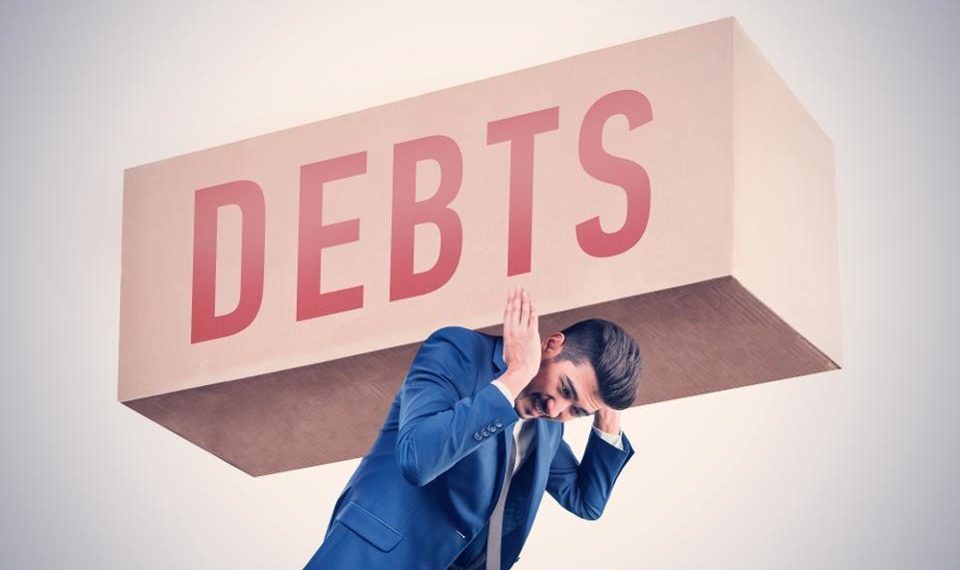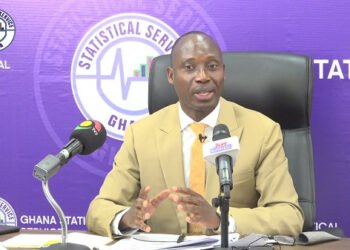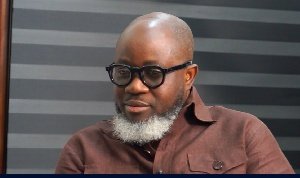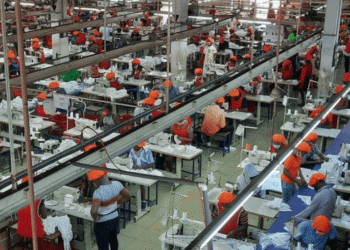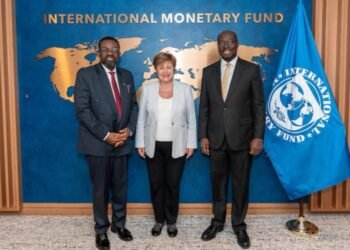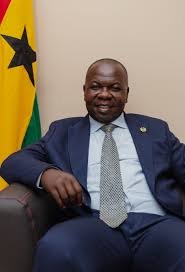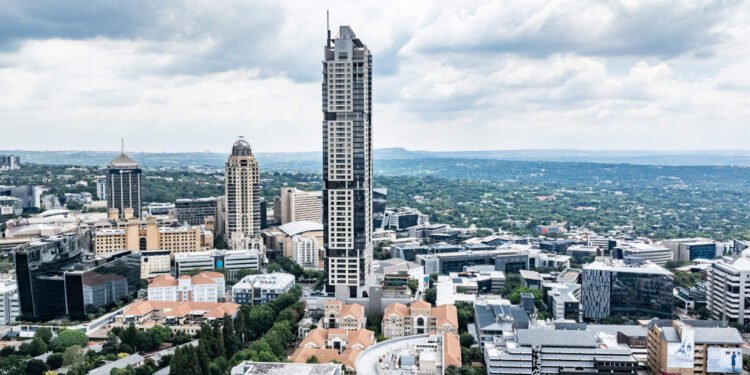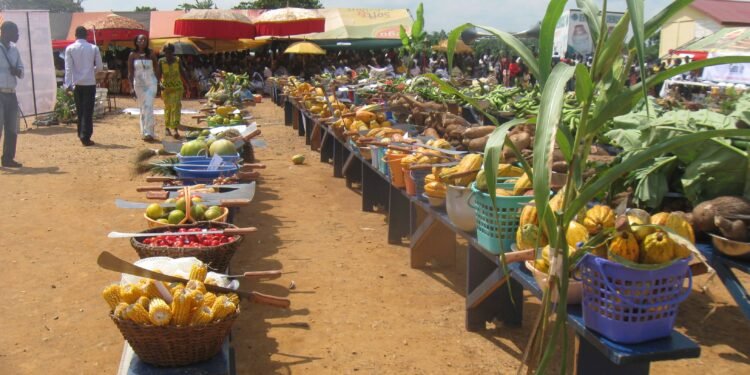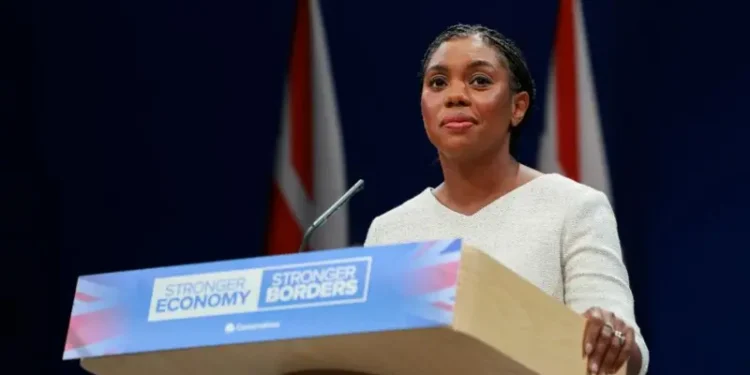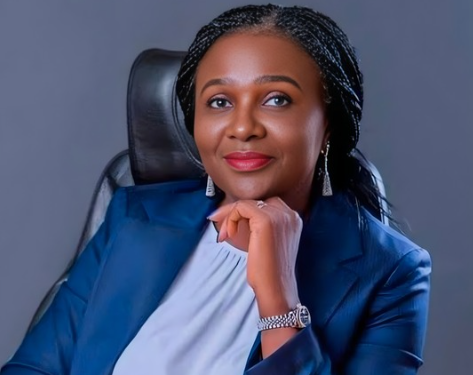Ghana risks being unable to raise in full the much anticipated $5 billion from the international capital markets to support the 2021 budget due to the country’s unsustainably high debt levels and severe fiscal deficit challenges.
Across the continent, Ghana qualifies as one of the safest markets for investment, and it has maintained this feat for a relatively long time now. Investor appetite for Ghana’s debt has for the years been driven by a stable financial environment, and this may continue.
But, there are still concerns about the country’s debt levels; external debt levels are high and this may likely increase the cost of borrowing.
As a result, investors’ consideration of the red flags raised by the IMF and Fitch about Ghana’s status of reaching a high risk of debt distress may reduce investor confidence. Currently, Ghana’s debt level ranks among the highest in the sub-region.
It is highly possible that, it will be very difficult persuading potential investors under these circumstances.
This notwithstanding, government plans to raise $889 million, representing GHS 5.1 billion from new taxes this year to contain the fiscal deficit. But, this is likely going to be a gradual process, and Ghana does not have that much time.
Investors, on the other hand want to see strong fiscal restraints. However, Fitch notes that for Ghana, some slippage risks are imminent.
Experts are of the view that the Government could still reduce its fiscal deficit. Notable considerations are by expenditure cuts and reducing the volume of tax exemptions.
Background to rising debt levels
Ghana’s public debt stock as at December 2020 reached GHS291.6 billion, reflecting 76.1 percent of GDP. Coupled with this, interest costs are close to 50 percent of government revenue. Also, the fiscal deficit for 2020 reached 13.8 percent of GDP in the same year.
Moreover, the International Monetary Fund (IMF) in April 2020, considered Ghana a high risk of debt distress. And rightly so, in October 2020 the Fund projected Ghana’s debt to hit 76.7 percent of GDP.
The government’s debt woes toughened during the onset of the Covid-19 pandemic in 2020. Public spending skyrocketed and funds channeled to cushion households and businesses. The government introduced free water and free electricity as part of the measures implemented.
Fitch Ratings, in its assessment of Ghana’s medium-term debt trajectory indicated that Ghana’s current rating of ‘B’ with a stable outlook may be revised as the country’s debt stock continues to accumulate.
Considering its assessment of the 2021 budget Fitch noted that:
“The high cost of the government’s debt burden is an important rating weakness and will continue to squeeze the government’s other spending priorities.
“The gradual pace of projected consolidation will mean Ghana’s ability to absorb any new shocks will remain weak for an extended period. Any such shocks would increase the likelihood of government debt remaining on an upward trajectory beyond 2022.”
Processes for the 2021 Funding Programme
Earlier this month, the Ministry of Finance issued a statement to begin processes for the 2021 international capital funding programme.
The type of bonds that the programme instruments is to cover includes Eurobonds, Diaspora Bonds, Sustainable Bonds, and Syndicated Bonds/Bridge Bonds.
The statement further noted that the government was in the process of mandating Bank of America. Citi Bank, Rand Merchant Bank, Standard Chartered Bank and Standard Bank as Lead Managers for the Programme.
The mandate of these banks is to advise the Government on alternative funding options, especially for the Euro Bond. And those that are a best fit for Ghana’s funding requirements and provide the needed fiscal capacity to further support Ghana’s economic recovery.
READ ALSO: Gov’t mobilizes a total of GH¢101.5m from COVID-19 Funds in 2020

